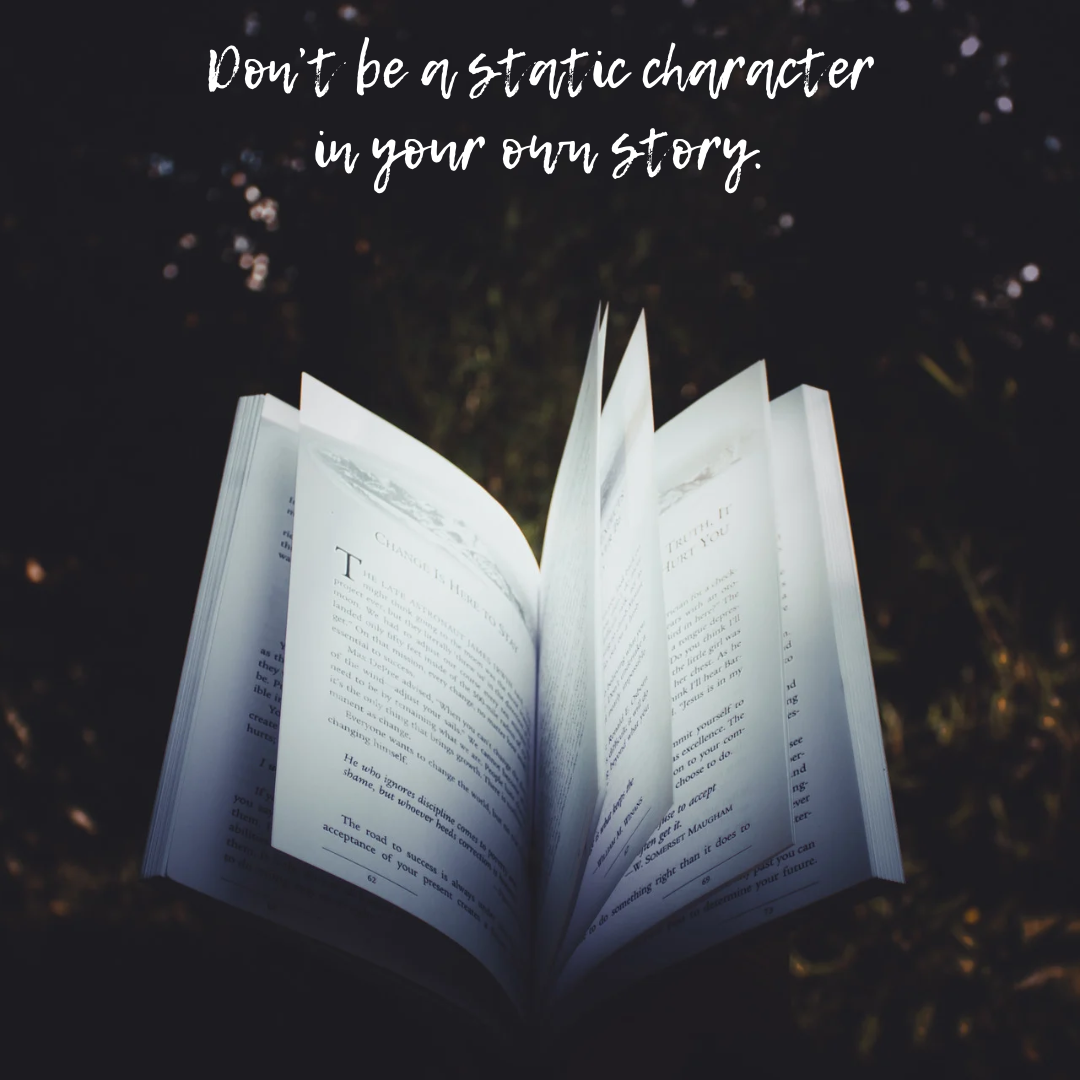In the summer, I take a break from teaching so that I can absorb as much information from others as possible. This means that I read, a lot. This summer has been no different as I have read the second novel in the Space Trilogy by CS Lewis, a Pulitzer Prize winner by Junot Diaz, a classic Victorian comedy, a Jewish folktale, and several nonfiction books for educators. I have also reread Flannery O’Connor’s prayer journal that is based on a composition book that she kept during her time at Iowa’s Writer’s Workshop, and I am currently reading her collection of letters that were collected and organized by Sally Fitzgerald. In the midst of this reading, I have also started reading a book by Jonathan Mooney about the concept of normality.
As I prepare for the next school year, I am thinking a lot about how I can best love the students that I will teach this year: those who are taking a college class in their junior or senior year of high school, those who are fairly average academically and are taking their final year of English, and those who struggle because of learning disabilities, language barriers, or the aftereffects of the COVID years of school. In the midst of my summer reading, I have developed more compassion for all of my students, and I hope that some of what I have learned will help me to be a better teacher for each of them.
For the most part, the books that I have read (novels included) have revolved around differences, those that are obvious and those that are not so obvious. From these books, I have come to the conclusion that as a whole, we all need to be more compassionate to those around us because we don’t know what people are experiencing in their lives, especially since so many of us are good at hiding.
One thing that I have always appreciated about Flannery O’Connor is that she did not mince any words when it came to the differences and oddities of life. One of her most well-known quotes is “You shall know the truth, and the truth shall make you odd.” Throughout history, some people have made it difficult for oddities to even exist. O’Connor, for instance, has at times been characterized as many of the characters in her book, and in fact she even stated, “Hulga is like me. So is Nelson, so is Haze, so is Enoch.” As a Catholic woman, living with lupus, writing gothic short stories and novels in the 1940s -1960s, she exemplifies the oddities of life. But she also demonstrated grit and resilience and a drive to communicate the vision of grace that God had given her before she died prematurely.
In The Brief and Wondrous Life of Oscar Wao, the title character is odd, at least based on the expectations of his Dominican culture. He is not the typical Dominican male with women trailing behind him. Instead, Oscar plays Dungeons and Dragons, reads comics, and writes fantasy stories to understand his family’s past, his own struggles with finding love, and his incessant depression. Oscar reminds me of some of the students I have taught over the last few years, those who don’t play sports, don’t perform in the school musicals, and don’t have any artistic abilities. They just float through school, usually getting lost with all of the stellar students or misbehaving students around them. They hang out in the library, play table top games with their likeminded friends, and usually talk to teachers more than they talk to their classmates. These students represent some of the oddities of contemporary society: no real academic progress, no possibility for athletic, artistic, or musical scholarships, no job prospects. They often fail to launch because they don’t feel like they fit anywhere, even as adults. But these students are creative, compassionate, and usually look at the world in a different way than the rest of us.
From Thistlefoot, I was reminded of the importance of our stories. This novel is told as a folktale based on the Russian pogroms of the early 20th century. The story switches back and forth between the setting of a small Jewish town that was destroyed during the pogroms and modern day, focusing on the great grandchildren of a woman whose family was killed in the town. One of the characters is ashamed of a gift that she has been given that gives her the ability to bring dead and inanimate things to life. Her brother is constantly shape shifting into other people because he has no confidence in himself. Ultimately, the novel revolves around the importance of telling the stories – even the ones that make us embarrassed and fill us with regret. Without the stories, we won’t remember: ourselves or our past.
And finally, now I am reading Normal Sucks by Jonathan Mooney, a book that has at times made me angry, sad, and determined to do better as an educator. The author presents his own life experiences struggling with ADHD and dyslexia and being mostly illiterate until he was 12 years old. He reveals the history of the terms we use to categorize people, such as normal, abnormal, deficient, and disabled, showing that the concepts of normality and abnormality have been invented by those who want us all to stop being square pegs. Sadly, most of us will always be square pegs, and the only way to try to force us to fit into round holes is through painful measures that oftentimes lead to depression, anxiety, and as Mooney calls it “self-elimination.” He concludes that society has a history of trying to get rid of all of the oddities in life, through trying to normalize or get rid of those who are odd.
I can’t help but wonder how much different life would be for so many of my friends and family members who have been forced to fit into round holes. My husband had a similar experience as Jonathan Mooney, facing harsh punishment at home because he couldn’t read the “right way.” Because so many people told him that he won’t amount to much in life, he struggles with his self confidence and often brushes off compliments. My son has struggled to accept that his neurodivergence because he just wants to fit in with his friends. As a way to cope in recent years, he has turned to alcohol and marijuana, habits he said he would never start because of his biological family’s past. Many of my friends have tried to hide their anxiety and depression and have felt ashamed to take medication because they were worried about the stigma of taking antidepressants. Instead of thriving in life, they have experienced crippling panic attacks and bouts of depression that have isolated them from their loved ones.
Instead of identifying all of the “oddities” or “abnormalities” of others, we need to spend our time seeing people as they really are. Our character defines us. Our willingness to help others defines us. Our values define us. Our differences make us a wonderful mosaic in a diverse world.
My challenge for this school year is to see my students. This requires taking the time to get to know each of them: their abilities, their struggles, their values, their favorites, their moods. I hope that as I see each of my students that my heart will grow to love them and to help them navigate the world we live in which often wants to force each of them into round holes.
As you go throughout your day, consider the people that you encounter. Do you focus on the differences that people have as a way to isolate yourselves from them? Or do the differences and oddities draw you to find out more about the people you encounter? Let us recognize that normal is an invented term as it applies to human beings. Normal does not exist. And let us remember that we are each uniquely created to add something beautiful to the world we live in, to break up the mundane of society, and to hopefully see people as made in the image of God, worthy of love and kindness.








